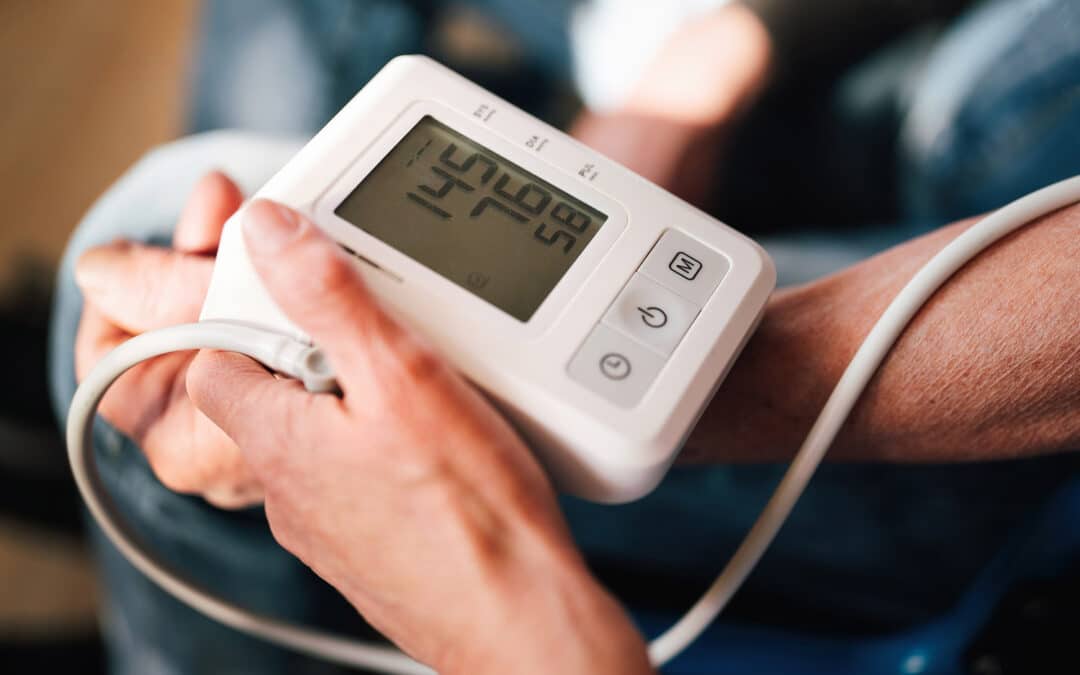Did you know that the average heart beats between 60-100 times per minute at a resting rate? This number increases as an individual is exercising or potentially under stress. However, not everyone has a healthy heartbeat and needs various methods of treatment to keep their heart beating steady. Millions of Americans have an irregular heartbeat. Being one of the largest cities in the U.S., the need for an electrophysiologist in Houston is a critical one. But how do you know if you need one? Find out more about arrhythmias on our blog.
What is an Arrhythmia?
A cardiac arrhythmia is also known as an irregular heartbeat. To better understand this, it is first important to know that the heart beats based on the pattern that its cardiac conduction system produces. This system uses electrical impulses to help control the “rhythm” of the heart, better known as the heartbeat.
Each beat starts in the right atrium in the sinoatrial node, then spreads through the chamber walls (atrea) and ventricles, which causes them to contract. However, when there are inconsistencies in the electrical pulses emitted, you can get a variety of irregular heartbeats, some of which can lead to stroke, heart attack, and even death.
An arrhythmia can be broken down into two categories; ventricular (begins in the heart’s lower chambers) and supraventricular (begins in the heart’s upper chambers). From these two varieties, they can be broken down even further based on speed:
- Bradycardia – A heartbeat that is slower than 60 bpm
- Tachycardia – A heartbeat that is faster than 100 bpm
- Atrial fibrillation – A heartbeat that can be described as “fluttering” and is irregular
Some things that can cause an arrhythmia are milestones such as an individual simply getting older, heart disease, poor diet, high blood pressure, smoking, alcohol or drug abuse, diabetes, blocked arteries, and certain medications.
What Can an Electrophysiologist Do for Me?
An electrophysiologist is a medical physician who specializes in treating cardiac rhythm disorders including atrial fibrillation. This type of doctor can also perform life-altering procedures such as placement of pacemakers and other types of implants to help get patients get their hearts back on the right track.
Along with providing comprehensive heart care to patients with irregular heartbeats, most electrophysiologists continue to study and research advanced new methods to make sure they are up-to-date on the most effective procedures out there.
Atrial Fibrillation (AFib) Treatment
Atrial Fibrillation is the most common type of rhythm abnormality. When in AFib, the heart beat in the upper chambers becomes irregular and often fast. An estimated 2.7-6.1 million people in the United States have this condition. With the aging population, this number is expected to rise. Approximately 2% of people younger than the age of 65 have AFib, while about 9% of people aged 65 years or older have AFib. AFib can be treated with medications. However, when medications fail to work, catheter ablation may be done instead. This procedure burns (ablates) the tissue around the veins. By doing so, this creates scar tissue, which blocks the passage of abnormal electrical impulses.
How We Can Help
If you have a heart rhythm disorder and seek treatment at Vital Heart & Vein, we can assure that you will be in good hands with our electrophysiologists and doctors who specialize in treating arrhythmias.
As part of our team of electrophysiologists in Houston, Dr. Justin Saunders is an electrophysiologist who has specialized capabilities to treat heart arrhythmias with medication as well as with specialized procedures such as cardiac ablation. Using 3-dimensional mapping systems, they are able to determine where the arrhythmia is coming from and perform catheter ablation, which is highly effective in eliminating the source of the abnormal rhythm.
Our heart rhythm specialists are experts in implanting pacemakers and defibrillators as well as monitoring these devices to make sure they are functioning normally. We empower patients to live normal lives by enabling them to have remote wireless monitoring of these devices. This way, they can have their pacemakers and defibrillators monitored from the comfort of their homes without having to go to the doctor’s office.
Vital Heart doctors are specially trained to provide alternatives to blood thinners for preventing stroke in patients with atrial fibrillation. Dr. Francisco Morales is an expert in WATCHMAN implants. This is a permanent heart implant into the left atrial appendage that is designed to permanently close it, thereby preventing blood clots from forming and escaping, which can lead to a stroke. This is an alternative to the lifelong use of blood thinners for people with atrial fibrillation not caused by heart valve problems.




